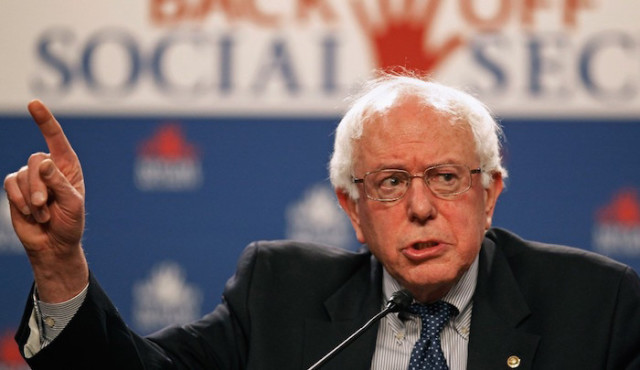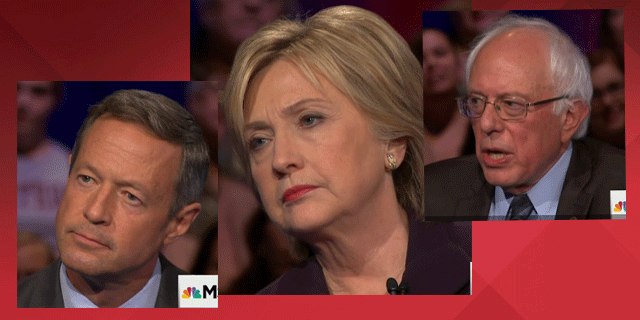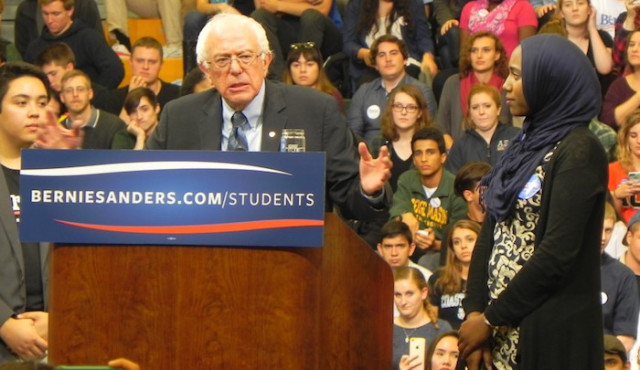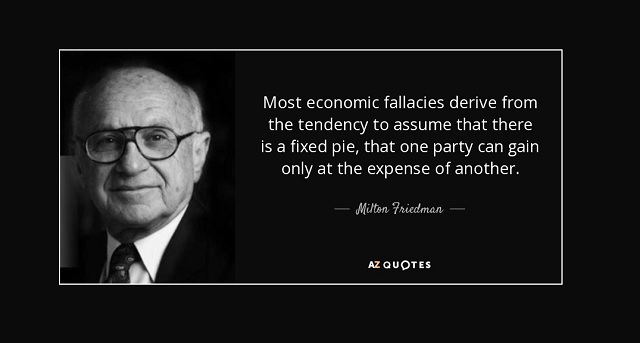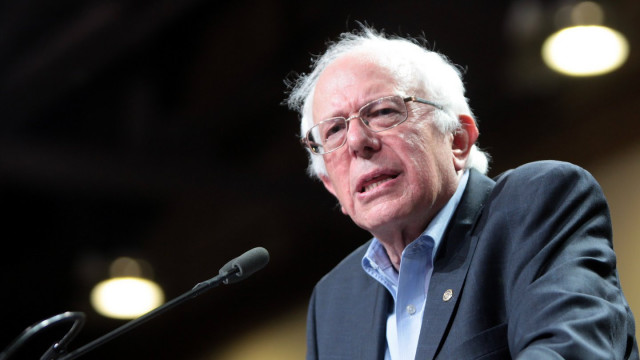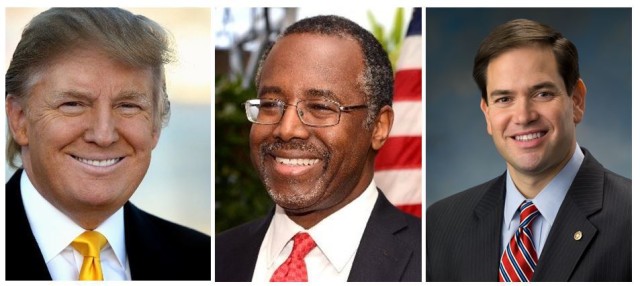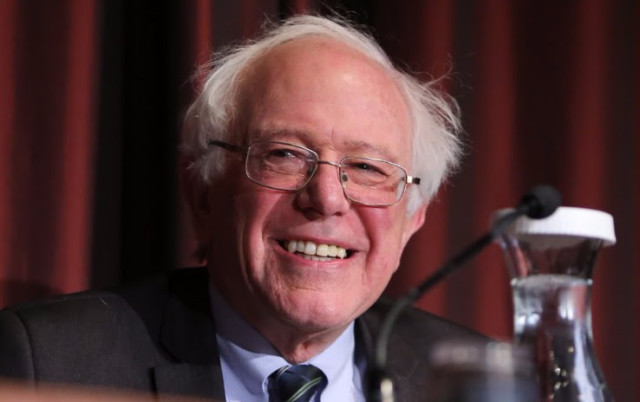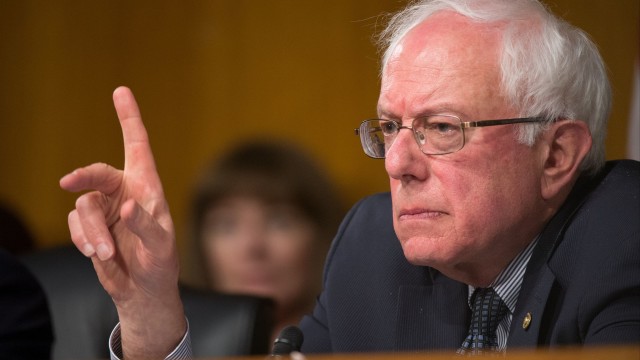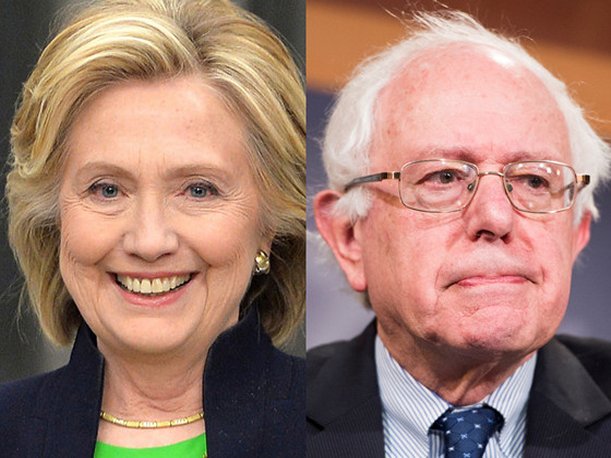Bernie Sanders Is Wrong on College and Jail by Kevin Currie-Knight
In a December 15 tweet, Senator Bernie Sanders intimated that graduating from college decreases the likelihood that you will go to jail:

Sanders has long supported dubious measures for making college more affordable and hence accessible to all, and this may be why: he believes that “no college” is a path to jail.
Mike Rowe, the former TV host of the Discovery Channel series Dirty Jobs and a longtime opponent of the “college for all” message, responded to Sanders with outrage. Rowe challenged Sanders’s idea that the most viable option without a college degree is jail. He also brought home a favorite point of his, to throw into question whether a cost-benefit analysis of college really shows that college is the best path to a successful career.
I’ve written before against the “academic training for all” mentality that Sanders and so many others seems set in, but Rowe, unfortunately, also gets a few things wrong.
Upcredentialing and Downvaluing
While Sanders is right that college degrees significantly increase one’s job prospects, he’s wrong to think that “college for all” will increase job prospects for everyone. Rowe is right to note that there are viable career options that don’t require college degrees, but he overlooks that they are vanishing by the year.
We all strive to “outcredential” each other, and in short order, the college degree is the new high school diploma.
As a recent study documents, more employers are demanding a college degree as a qualification for careers that never used to require one — from positions at an IT help desk to positions as a receptionist, office manager, or file clerk. What is behind this “upcredentialing” phenomenon?
College degrees and other certificates of learning are what economists call positional goods: their value partly hinges on how they stack up relative to what others have. If I live in an area where few have finished college, my degree will be of great value and probably open many doors. But if I live where college degrees are commonplace, mine will do little more than put me on an even footing with my equally credentialed peers. In that case, distinguishing myself from others may require me to get still more education than my peers.
The Education Arms Race
We can think of higher education as a game of chicken, where each person’s strategy is to outdo others without completely breaking their bank. Since I want to compete in the job market, and I have reason to think that many other people are getting college degrees, my strategy should be to get one, too, and perhaps one more impressive than theirs. But my competitors are probably thinking the same thing, and each of us knows what the other is thinking. We all strive to “outcredential” each other, and in short order, the college degree is the new high school diploma.
This is basically what Americans have done for the last several decades, at least since the GI Bill expanded college accessibility.
According to the National Center for Educational Statistics, college enrollment in 1983 was 10.6 million, and, after a small dip between 1984 and 1985, it has steadily increased each year. In 2012, the number stood at 17.7 million. Data also show that more Americans than ever have college degrees, though the percentage of people with college degrees (20 percent to 40 percent) varies by state.
Upcredentialing occurs because it can. Employers want ways to differentiate candidates. When college degrees were scarce, the candidate with the college degree distinguished himself from everyone else right off the bat. But when more and more people have a college degree, employers can afford to make having one a requirement.
If this process looks circular, that’s because it is. Bachelor’s degrees are a pathway to many more career options because many careers now require bachelor’s degrees. But the reason many careers now require bachelor’s degrees is because people en masse get bachelor’s degrees because they are a path to a better future.
Trapped in a Vicious Circle
While I generally support Rowe’s “college isn’t the only way” message, I am more pessimistic than he is because I don’t see the circle breaking easily.
If the best way to have the best career prospects is to outdo my competition, how likely is it that I will decide not to go to college if I suspect that others are better satisfying employers’ expectations by going? I could take a chance, but it’d be a big chance; if I’m right, I save a lot of tuition money, still get a decent job, and accumulate four extra years of earnings and experience, but if I’m wrong, my career prospects are slim. Rowe might point out that many careers don’t require a college degree, but I’d remind him that the pool of such jobs is shrinking. Fifteen years ago, those jobs included file clerks and construction supervisors, both of which now require degrees.
If this process looks circular, that’s because it is.
Some companies are bucking the upcredentialing trend and recognizing that there is little reason for them to require college degrees for certain positions. I hope that as those companies find success with that model, others will follow suit and we will reach a tipping point. Rowe probably shares that hope.
None of this lets Sanders off the hook. Not only is his tweet horribly oversimplified (and to be fair, one can’t be terribly nuanced in a tweet). But “college for all” ceases to look so good when you understand that education is a positional good. Increasing college access to all will do little more than deflate the value of a college degree for everyone by fueling the very upcredentialing that is already making the degree ever less meaningful.
“At the end of the day,” some future tweet may opine, “a second PhD is a helluva lot cheaper than prison.”
Kevin Currie-Knight teaches in East Carolina University’s Department of Special Education, Foundations, and Research. He is a member of the FEE Faculty Network.



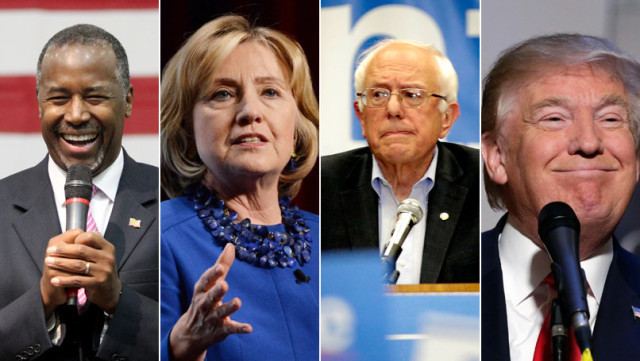
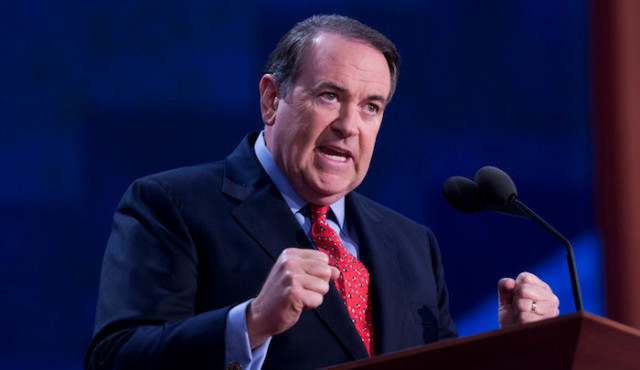

 Ryan Mauro is
Ryan Mauro is